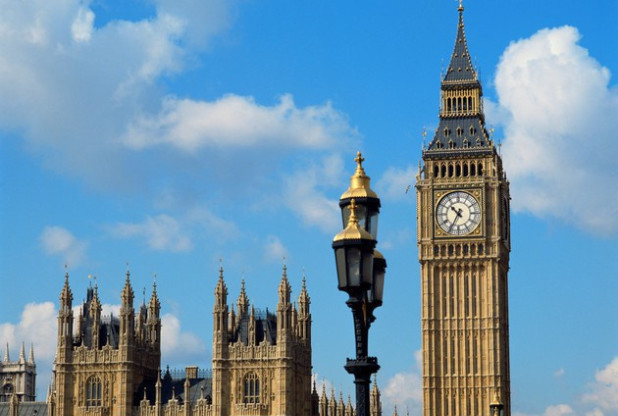
Government unveils key measures for hospitality growth
The Labour government’s first King’s Speech has been welcomed by the hospitality sector for introducing measures aimed at achieving a 6% annual growth potential. Key proposals include reforms to the Apprenticeship Levy and the planning system, which were major requests from industry body UKHospitality.
Kate Nicholls, chief executive of UKHospitality, highlighted the significance of these announcements in spurring growth and acknowledged the government’s recognition of the sector’s concerns. However, she expressed disappointment over the lack of business rates reform in the speech.
“With no mention of business rates in today’s King’s Speech, the autumn fiscal statement is now all the more important to drive the government’s plan for national renewal and to show clear progress on delivering its manifesto commitment to fix the broken business rates system. Particularly as businesses are facing an end to 75% rate relief next April if action isn’t taken,” Nicholls said.
- Read more: Only A Pavement Away hits major milestone
The government has promised “much-needed reform” of the Apprenticeship Levy, a long-standing priority for the hospitality industry. Nicholls explained that greater flexibility in fund expenditure through a new Growth and Skills Levy will enhance training opportunities and support the rollout of a skills pilot to help the unemployed enter the sector.
Meanwhile, The British Beer & Pub Association (BBPA) committed to collaborating with the government to strengthen hospitality careers through these reforms, addressing staff shortages that have led to closures.
The British Institute of Innkeeping (BBI) also praised the increased flexibility in training resource allocation, expecting it to unlock opportunities and boost productivity across the sector. The Night Time Industries Association (NTIA) echoed this sentiment, highlighting the importance of a skilled workforce for the growth and innovation of night-time industries.
Planning reforms are another crucial element of the government’s agenda, aiming to reverse the decline in planning approvals since 2013. Nicholls emphasised that a reformed system delivering faster decisions can drive business expansion, create more homes, and develop local infrastructure, all critical for regenerating towns and cities.
The BBPA supported this, seeing pubs as central to new housing and community developments. The BBI welcomed plans to cut red tape, enabling a more flexible approach to development and fostering entrepreneurial growth in the sector. The NTIA added that affordable housing in urban centres will support the night-time economy by allowing workers to live near their jobs, enhancing urban life quality.
The Employment Rights Bill aims to provide flexibility for those with busy lifestyles and responsibilities, such as working mums, carers and students. Nicholls supported Labour’s proposals and looked forward to productive dialogue as the bill progresses. The NTIA praised the potential benefits for the night-time economy, highlighting measures like banning exploitative zero-hour contracts and cracking down on fire and rehire practices.
Lastly, Martyn’s Law, reaffirmed in the King’s Speech, mandates publicly accessible venues to implement measures reducing the risk of terrorist attacks. This legislation impacts shops, shopping centres, hospitality and leisure venues, and hotels. The proposed law, originally the Draft Terrorism (Protection of Premises) Bill, introduces two tiers of premises based on capacity: the Standard Tier (100-799 people) and the Enhanced Tier (800+ people). Enhanced Tier premises will face stricter obligations and higher costs. Standard Tier venues must implement security measures for evacuation, invacuation, lockdown and communication, with staff trained on these protocols.






